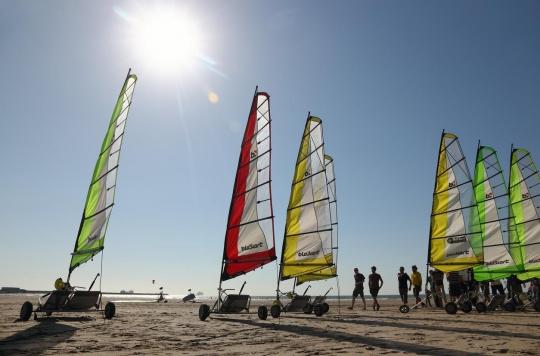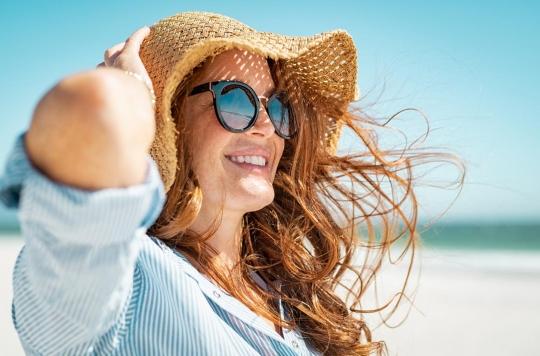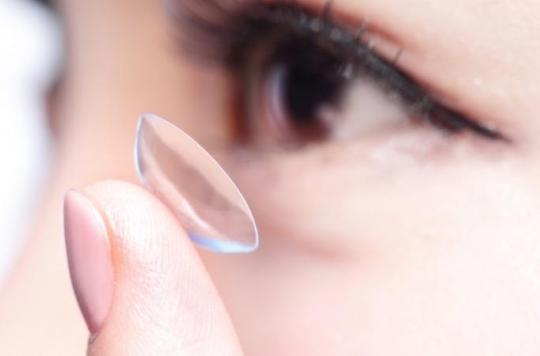Few know it, but UVB rays from the sun have a direct impact on the eyes and are responsible for many cataracts. It is therefore important to choose the right sunglasses, here’s how.

Sunburn, sweating, fragile eyes … Every little inconvenience of summer has its solution. After showing you how to choose your sunscreen, here’s how to choose your sunglasses.
The impact of the sun on the eyes
The sun’s rays contain two kinds of dangerous UV rays. UVA, which burns deep in the skin, and UVB, which causes sunburn – they are also responsible for skin cancer – and a large part of cataracts. The latter is the main cause of poor vision in the elderly.
If we now know how to operate it perfectly, we can also slow it down or reduce its effects, in particular by protecting the eyes when the natural light is too intense. However, our natural protection, the ozone layer, is diminishing, while leisure and sports activities increase. Our eye is increasingly exposed, not only by direct radiation, but also by rays reflected from snow, water or sand. It is therefore important – even if you do not claim to be disturbed by the good weather – to protect yourself almost systematically.
How to choose your glasses?
Choosing sunglasses means first of all choosing the widest possible protection. Fortunately, for once, fashion comes to the aid of medicine thanks to very enveloping glasses, which offer real lateral protection against reflection. Then, do not be fooled by the dark appearance of the glasses. We even know today that very dark glasses increase the damage: the pupils widen due to the darkening, which increases the rate of penetration of the rays into the eye. The most important thing is to buy glasses that filter 100% of these famous ultraviolet rays.
Then there is the problem of blue light, of which we do not yet have absolute proof of the danger, but which, if it is filtered too much, makes driving difficult due to a false perception of colors. Therefore, prefer glasses with 50% maximum protection. Finally, the choice of shade depends on taste but also on use. Green is effective against glare just like brown, which however results in a significant increase in contrasts. Yellow will be recommended instead in foggy weather for fishermen, sailors or aviators, and orange for driving.
In short, a good glasses is 100% UV protection, 50% protection against blue and a different color, so one pair per type of activity!

.

















